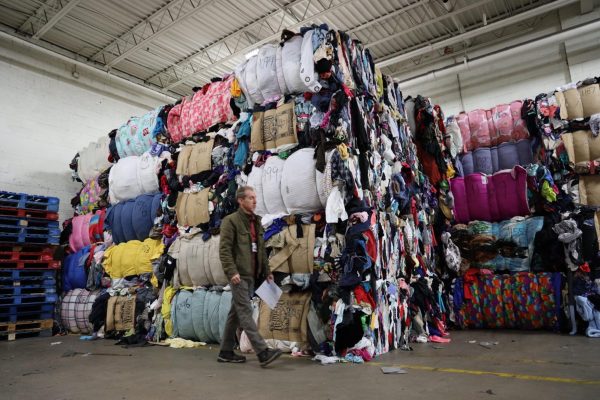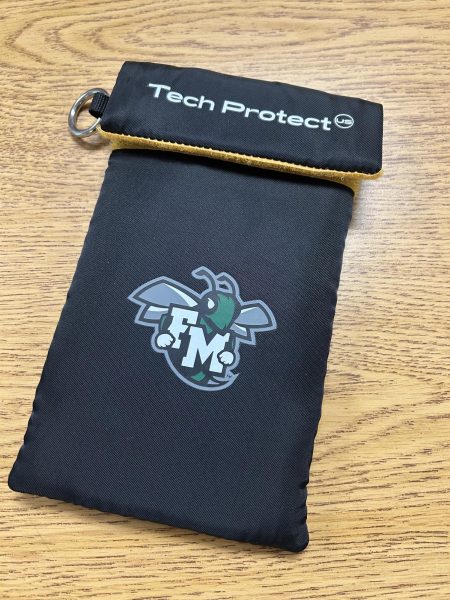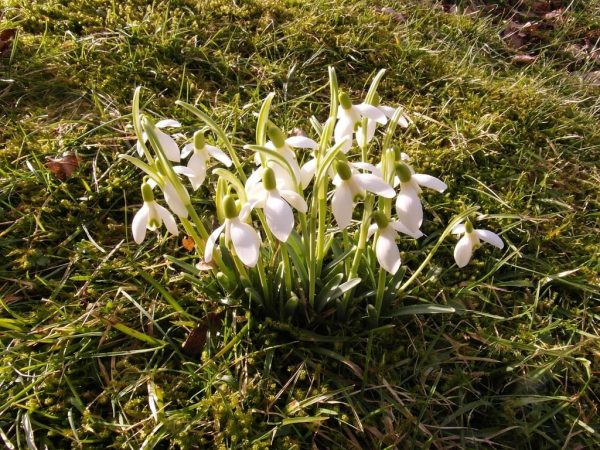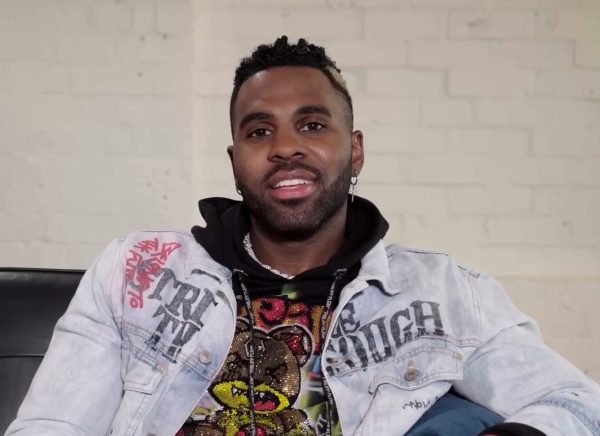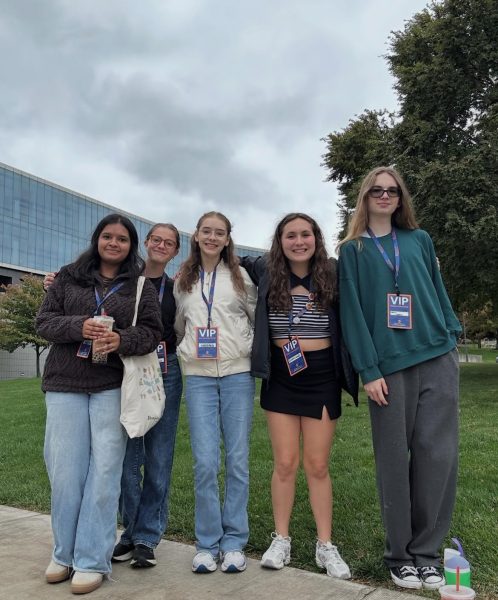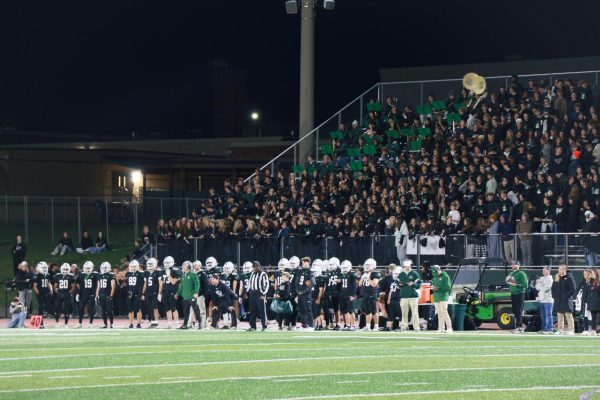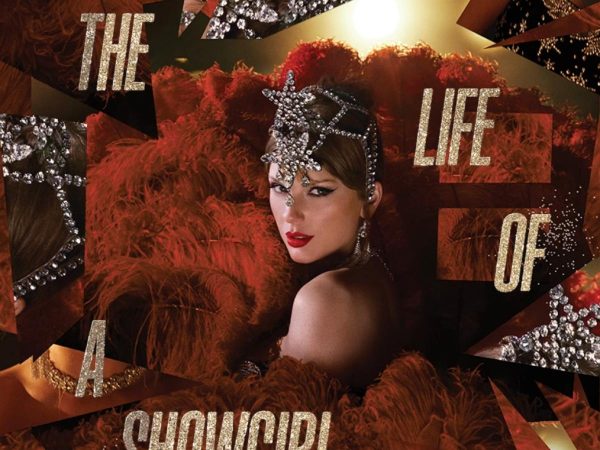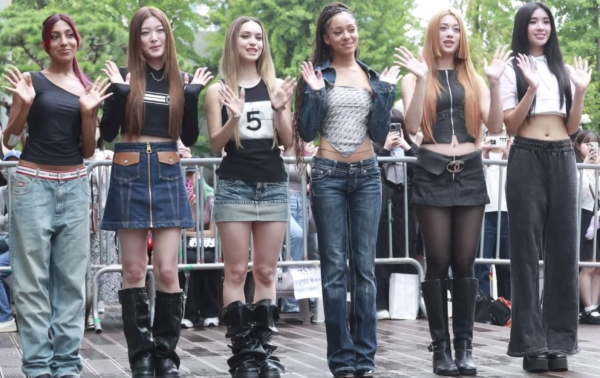Unapologetically Asian: Not your model minority
According to a study done by the Center for the Study of Hate and Extremism, hate crimes against Asian Americans increased 150% in 2020. Merriam-Webster defines, “Hate crime” as “a crime, usually violent, that is motivated by hostility to the victim as a member of a group such as one based on color, creed, gender, or sexual orientation.” I used to think, from my place of immense privilege, that hate crimes didn’t happen to people who looked like me. I knew that discrimination against Asian Americans was a thing, but I had never thought that it would escalate to the point of violence.
And then I read that an elderly Asian lady had been set on fire in New York City; that there have been a series of attacks and robberies on elderly Asian Americans in Oakland; that an Asian man was stabbed in New York City; that an Asian delivery truck driver was beaten and left for dead in the parking lot of the restaurant across the street from the Asian Food Market where I go every Sunday with my father to get groceries, right here in Syracuse.
There are others as well, ones that go unreported. Stories of people spitting on those that look like my family and me, calling them things like “chink” and “gook,” and telling them to go back to China, even if they are from Vietnam or Thailand. There were the times in elementary school when my classmates asked me if I ate dog for dinner, when the kids at recess would pull their eyes in an attempt to mock the way mine were shaped. These are the microaggressions that I brushed off in elementary and middle school as harmless jokes, the ones that I had internalized so deeply that I played perfectly into the hands of the model minority myth. These are the types of microaggression that, when unchecked, grow into violence and hate.
Over the past few months, as I read headline after headline about the violence committed against Asian Americans, I found myself turning numb toward it all. My senses had been overloaded, and there were times where I wondered at the futility of it all. This struck me as comical in the most deranged of ways, because when the Black Lives Matter protests and movements swept through cities across America in spring and summer of 2020, I felt like fighting. I felt invigorated participating in the protests and speaking out against racism on social media. I felt like I was putting my voice to good use by writing articles on the detrimental effects of institutionalized racism on minority communities, especially Black ones.
And yet, when it comes to racism and hate against my own community, against the people who look like me, who look like my family, who have the same stories as my mother and father, I feel an overwhelming sense of hopelessness burgeon over me. Why is it that I am so willing to stand up against the blatant racism shown towards other communities, waving my fists in righteous anger, yet when those acts of racism are turned toward my own community, I am paralyzed with helplessness? My senses have been deprived of all the hope and passion that they had been overflowing with in May and June and July and instead become overwhelmed with questions that seemingly have no right answers.
While it is comforting to see my white friends and peers standing up for the Asian community on social media, I myself have struggled to put my own anger and frustration, my experience as a Chinese American, into words succinct enough for an Instagram story. Seeing their anger on how anti-Asian sentiment has permeated into even our sheltered community has been heartening, but at times, I wonder at the futility of it all. How are a few choice words about “waking up” and “standing up for what’s right” going to change the systemic issues and mindsets that have perpetuated Asian-American discrimination for decades? How is berating those who don’t post an aesthetically pleasing infographic on the latest Asian American hate crime on their story going to stop others from stabbing people who look like my grandparents in the street?
None of these questions have answers, at least, none that I have figured out yet. The one solution that I have come up with in the midst of this whole mess is to stop perpetuating the model minority myth in my own mindset, the idea that my story and experiences as a Chinese American are somehow less valid because of the stereotype that Asians are quieter and meeker and more obedient, to speak up for my community with as much fervor as I do for others. I have to teach myself that I am not being overly sensitive or delicate as I speak up for my community, as I stand up for the dignity of my people.
As for what non-Asian allies can do in the face of headlines and discrimination to help the Asian community? Listen to Asian voices, listen to their stories, and learn from them. Asian-Americans are a diverse group of people hailing from 48 countries and hundreds of different ethnicities. We cannot be subjected to the violence and hate that the past year has brought any longer. Continue to educate yourselves and others, and speak out and speak up, we need all the help we can get in combating the wave of anti-Asian discrimination.
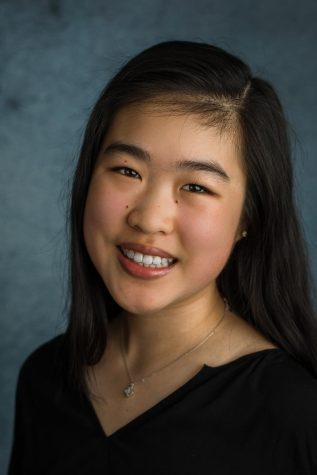
Hannah Li was a member of the Class of 2021. As a senior at FM, she loved being Editor-in-Chief for The Buzz. She worked at The Buzz since freshman...




